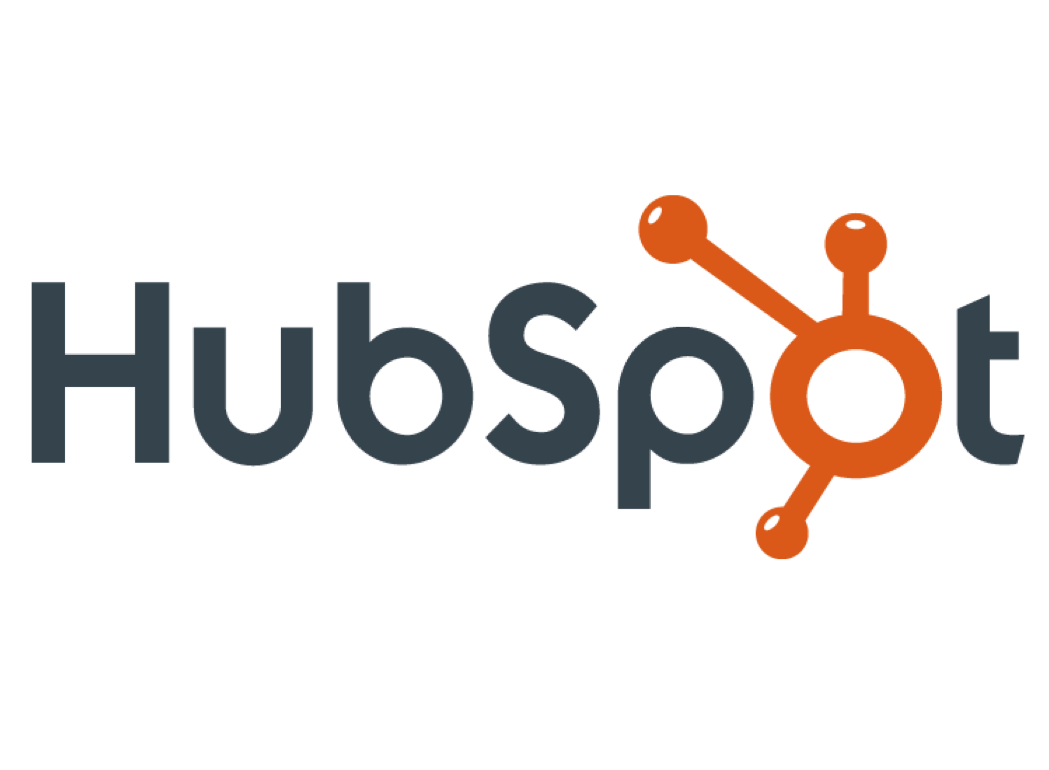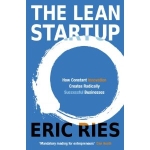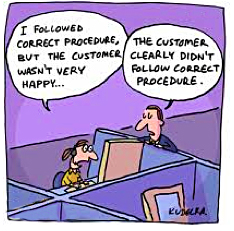Facebook apps have been sending user ID information to dozens of advertising and Internet tracking companies. Today”s Wall Street Journal profiles the activities in detail.
Facebook cannot keep up with the demand from other companies for information on people, their activities, likes, dislikes, never mind age, location, occupation and job. That is, they can”t keep up with preventing the information from being scraped or sent with cookies.
The demand for information comes from people who get paid to market to other people. In other words, marketers. Those “other people” forget that all information online should be considered public. When you put information on Facebook, even with the strictest of privacy settings, there are still ways the information will slip out.
The WSJ found that 10 of the most popular apps were transmitting user IDs, including Farmville (do I really need to receive an update if you feed your cow?), Texas Holdem Poker and Frontierville.
The demand for personal information is like a crack pipe for marketers. Once we see what is available, we want more.
The HubSpot software that I use for inbound marketing tracks social media conversations and delivers relevant conversations to me each morning – those that use the keywords I”m interested in like… marketing for startups. I can comment on those conversations or not. These are public comments, not private conversations.
HubSpot software provides me with the keyword rankings of my client”s competitors, and the keywords used to find my client”s web site. These are all good market research tools that are not personally invasive – I don”t know who is typing the keywords.
I personally would like to know the Myers-Briggs personality type of every person that my clients market to. That way I can adjust the marketing to present the information in a way that is most compatible to that person. No software provides that, yet.
That to me is less invasive than appending phone numbers to email addresses, which is a common service provided to marketers. No one wants more telemarketing calls.
Marketing is not going away. The demand for consumer and B2B information will only increase. A Google search of “socially responsible marketing” turned up a paltry 615,000 hits.
I can hear the presidents of companies reading this blog saying, “I didn”t think it would be that high” and “who cares!” and “there is no such practice.”
Marketing policies in companies are driven by the company president. Until there is a backlash, threat of a lawsuit, a rash of customer complaints, a dramatic drop in users, or an EBIDTA crisis, I”m afraid the As the DGE’s move is really a poor replacement for the much more lucrative haul that will came from single-game wagering, any new revenue stream is really a welcome addition, based on Association of Nj leader Tony Rodio. next information-sucking app has built-in demand from the great capitalist society we live in.
If Ayn Rand were right, and I think she was, a free market society will lift all boats.
Now, what about a free information-sharing society? The big question is: does it just devalue privacy and will it reduce the demand for information selling?
Where do new digital citizens draw the line? Each day we trade some of our private information for another new app. Companies are putting together the bits from ALL of the apps to generate a complete profile of us. Rapleaf is a good example of this practice, according to the WSJ.
All with the goal of selling us something – it is up to us to decide whether we need it. That”s all manageable in a low volume situation. But as an early adopter to the Internet – I own bellotti.com – my email address has been sold to every Russian marketer there is, generating about 5,000 spam emails a month. Of course I traded some personal information to Google for access to Postini to filter out the emails.
Facebook is today”s enabler, though they are trying hard not to be. Marketers are the information addicts, enabling companies to become big brothers. Consumers share personal information for stuff. Then we share personal information to filter out marketers. What a conundrum.
I think there is a sliding concern-for-privacy scale: grandma (born in 1920) very much cares, as a boomer, I care, but generation x,y and my teenagers? Not so much.
Of course, the most amusing part is, the HubSpot software I use will automatically post this to Facebook. It hurts my head to think about that.
Is some privacy still required? Should we care that companies have our detailed profiles?







